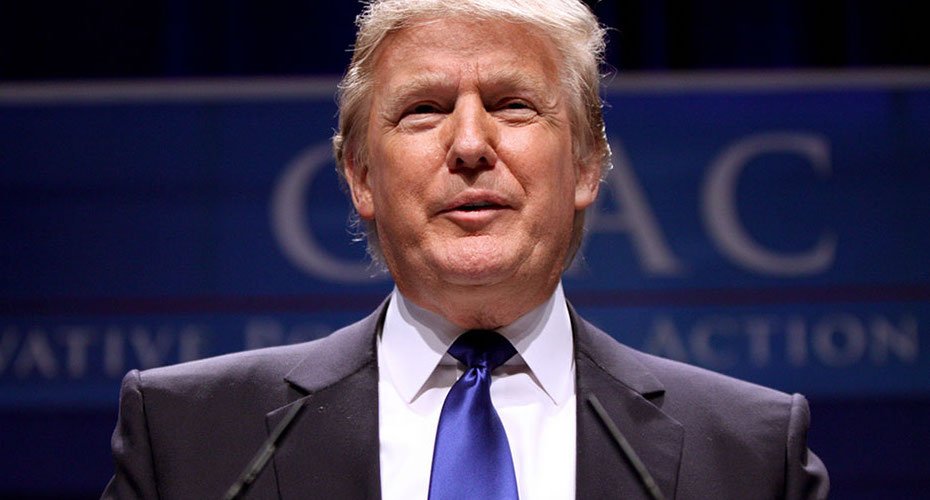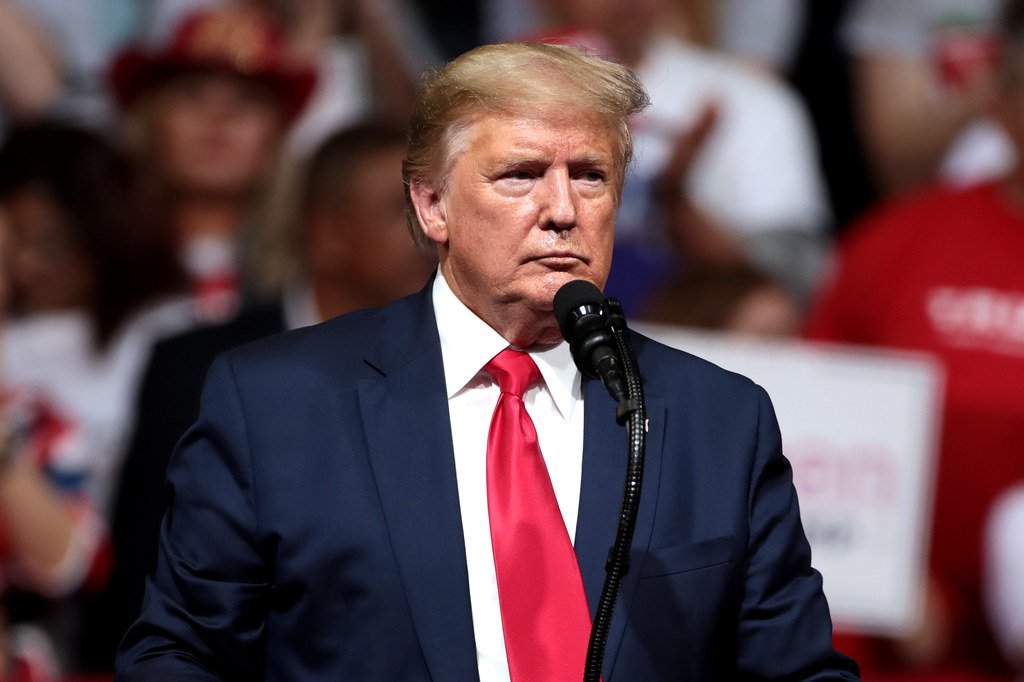BlogHear.com | 13 May 2025
WASHINGTON, D.C. — President Donald Trump’s use of a 1798 wartime authority to deport alleged gang members has sparked intense legal and political debate. The Alien Enemies Act, originally passed to prevent foreign espionage during potential war, grants the president sweeping powers to detain or deport individuals from enemy nations. Trump’s administration has invoked this act to deport hundreds of Venezuelan migrants, including alleged members of the Tren de Aragua (TdA) gang, despite objections from civil rights groups and some legal challenges.
The Legal Basis: Alien Enemies Act
The Alien Enemies Act allows the president to order the removal of individuals from countries at war with the U.S. The act was initially passed in 1798 when the U.S. was on the brink of war with France. The act states that, during a declared war or invasion, individuals from the enemy country may be “apprehended, restrained, secured and removed as alien enemies.”
While the law was designed to prevent espionage and threats to national security, the Trump administration has argued that it can also be used to deport individuals from Venezuela, which is not formally at war with the U.S., but whose nationals, according to the president, are involved in “irregular warfare” through organized crime.
The Deportations: Controversy and Legal Challenges
In March 2025, the U.S. deported 261 Venezuelan nationals, many of whom were alleged gang members. 137 of them were removed under the authority of the Alien Enemies Act, according to the White House. The deportations targeted members of the Tren de Aragua gang, which Trump has accused of threatening U.S. security.
However, civil rights groups have condemned the use of the act, arguing that it is a discriminatory tool targeting individuals based on their nationality and ancestry rather than any proven criminal activity. Groups such as the American Civil Liberties Union (ACLU) have filed lawsuits against the deportations, arguing that the U.S. is not at war with Venezuela, and thus the use of the act is unlawful.
Court Rulings: A Mixed Legal Landscape
The courts have been split on the legality of the administration’s actions. A Supreme Court ruling in April allowed the administration to continue deportations under the Alien Enemies Act but also mandated that deportees must be given the opportunity to challenge their removal in court. This decision led to temporary orders blocking deportations in several lower courts.
On 1 May 2025, Judge Fernando Rodriguez, a Trump-appointed federal judge, ruled that the use of the act to deport Venezuelans was “unlawful”. However, just days later, a Pennsylvania federal judge, Stephanie Haines, ruled that the Trump administration could use the law to deport alleged gang members but must give them a 21-day notice and an opportunity to contest the deportation.
Trump’s Stance: Defending His Use of the Act
President Trump has consistently defended his use of the Alien Enemies Act in his crackdown on foreign criminal gangs. In his inaugural address, Trump vowed to use the act to eliminate foreign gangs operating in the U.S., including TdA members. In March, Trump officially invoked the act, labeling the gang’s activities as part of an “invasion” against the U.S., and argued that their members were “liable to be apprehended, restrained, secured, and removed.”
Trump has also targeted judges who have ruled against his administration’s deportation policies. When federal judge James Boasberg issued a ruling attempting to halt the deportations, the White House dismissed it, claiming the deportations had already occurred. Trump further criticized Boasberg on social media, calling for his impeachment.
In a more recent statement, Stephen Miller, one of Trump’s top advisors, suggested that the administration is considering suspending habeas corpus, a legal principle that ensures individuals can challenge unlawful detention.
International and Domestic Criticism
Trump’s use of the Alien Enemies Act has not only raised domestic concerns but has also drawn criticism from Venezuela, which condemned the deportations as an unjust attempt to criminalize Venezuelan migration. Venezuelan officials compared the move to some of history’s darkest periods, such as slavery and the Nazi concentration camps.
Legal experts, including Elora Mukherjee, director of the Immigrants’ Rights Clinic at Columbia Law School, argue that the Trump administration is overstepping its executive authority, especially in its disregard for court orders. Katherine Yon Ebright, counsel at the Brennan Center for Justice, echoed this sentiment, stating that the act is being used to carry out sweeping deportations based on nationality, not gang affiliation.
Looking Ahead
As the legal battle over the use of the Alien Enemies Act continues, the Trump administration faces increasing challenges in defending its controversial immigration policies. With legal rulings favoring deportees’ right to contest their removal, and increasing scrutiny both domestically and internationally, the future of these deportations remains uncertain.
For more updates on immigration news and legal matters, visit BlogHear.com.




